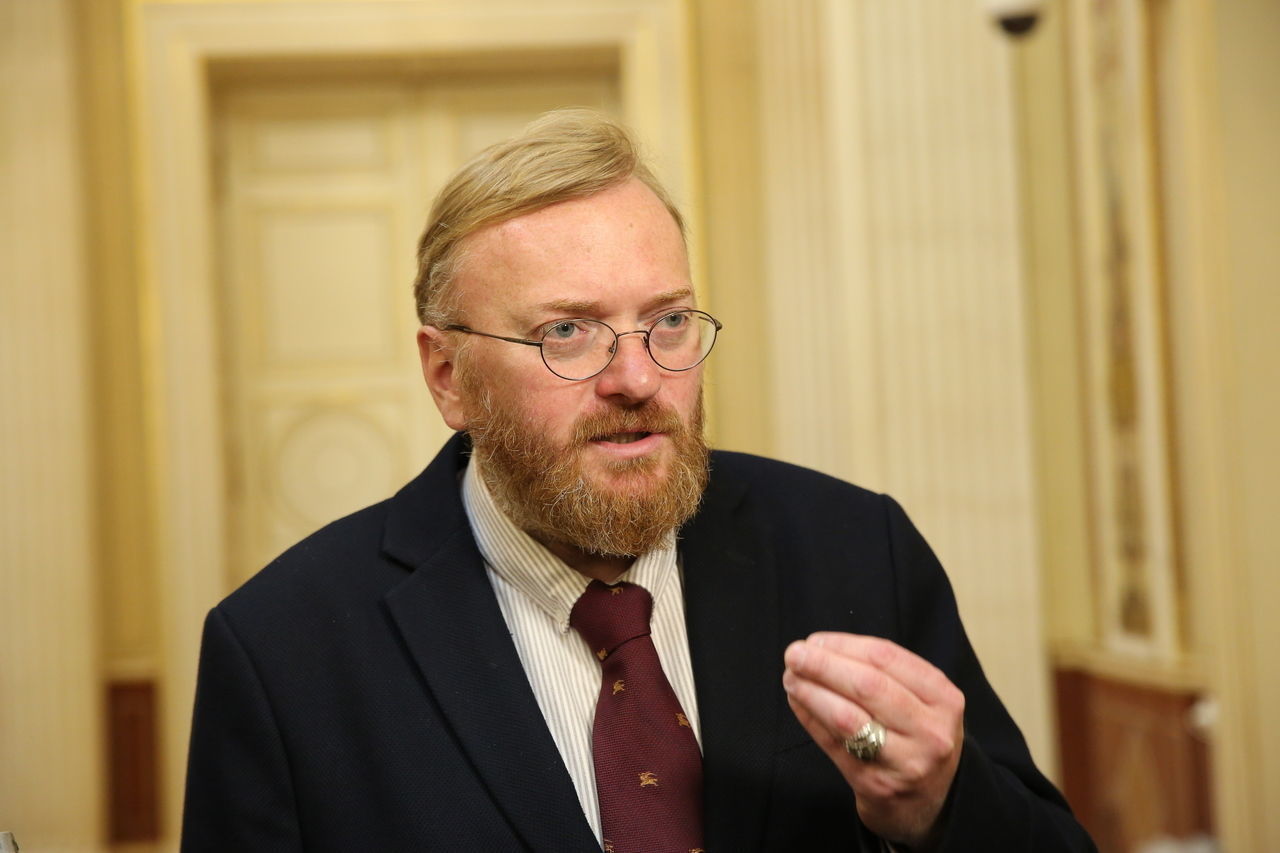European Space Agency (ESA) announced today the termination of cooperation with its Russian counterpart, Roscosmosbehind Moon 25, 26 and 27., three projects aimed at studying our satellite before people set foot on it again. This is not the first major mission interrupted in Europe due to the war in Ukraine. ESA also had to cancel the launch ExoMarsplanned for the end of this year. With its help, the first European rover would have been placed on Mars, but Russia broke cooperation as a complaint against the sanctions imposed by the European Union.
Since then, there have been many more missions and projects from other countries that had to be canceled for the same reason. From the launch of Britain’s OneWeb satellites to the Icarus project to monitor animal movements from International Space Station (ISS). Even cooperation with NASA on the latter could suffer the consequences of Russia’s wrath.
But that doesn’t make the statement released today by the Director General of ESA, Joseph Aschbacher. Cooperation with Roskosmos has been interrupted. Now we will have to look for other alternatives, although in this case it is not Europe that suffers the most.
Europe will no longer fly to the moon with Russia
Moon 25, 26 and 27. three naves built Roscosmos and is aimed at exploring the Moon at the stage preceding the launch of the first manned missions to our satellite.
His releases on board Rockets Soyuzplanned or at least scheduled for next three years. However, now the situation may change.
Three missions were planned over the next three years.
This time, it was not Russia that pulled out of the predominantly European project, as was the case with ExoMars. The opposite happened as the three missions operated in Russia, either through Roskosmos or the Russian Academy of Sciences. It was planned that ESA would cooperate in solving such problems as communications, precision landing, hazard avoidance, drilling, sampling, sampling and ground support. This cooperation was terminated after a statement by Aschbacher, who assured that he had taken this decision in accordance with the sanctions imposed by the Union.
Some of the three Russian missions are also supported by other space agencies such as Chinese (CNSA) and Japanese (JAXA). Now it remains to be seen if they continue. What is clear is that, at least until circumstances change, ESA prefers to fly separately. Literally.
To do this, they are already beginning to partner with private companies, following in some ways in the footsteps of NASA and its associations with large companies such as SpaceX. They are certainly needed, since the withdrawal of Russian personnel from the European Kourou spaceport, as well as the imposition of a veto on the use of Soyuz rockets, under certain circumstances, will become a problem for future missions. As much as it already was for ExoMars.
Source: Hiper Textual










